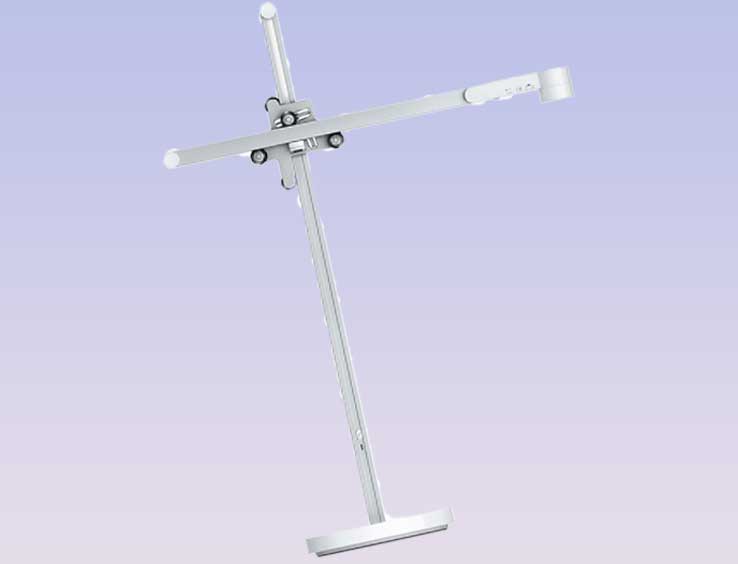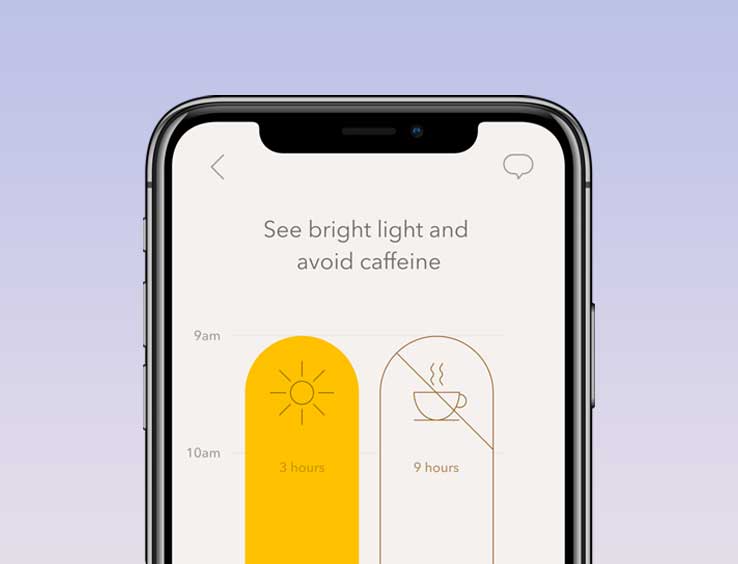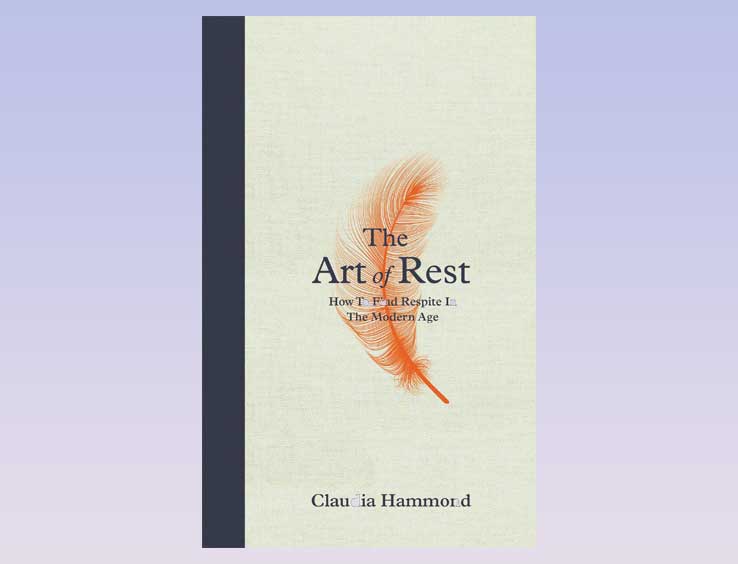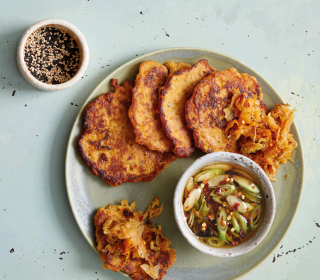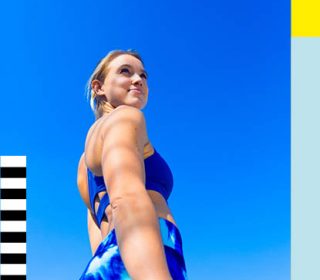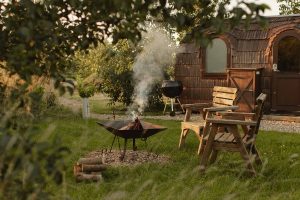Circadian Rhythms: Understanding the Science of Sleep
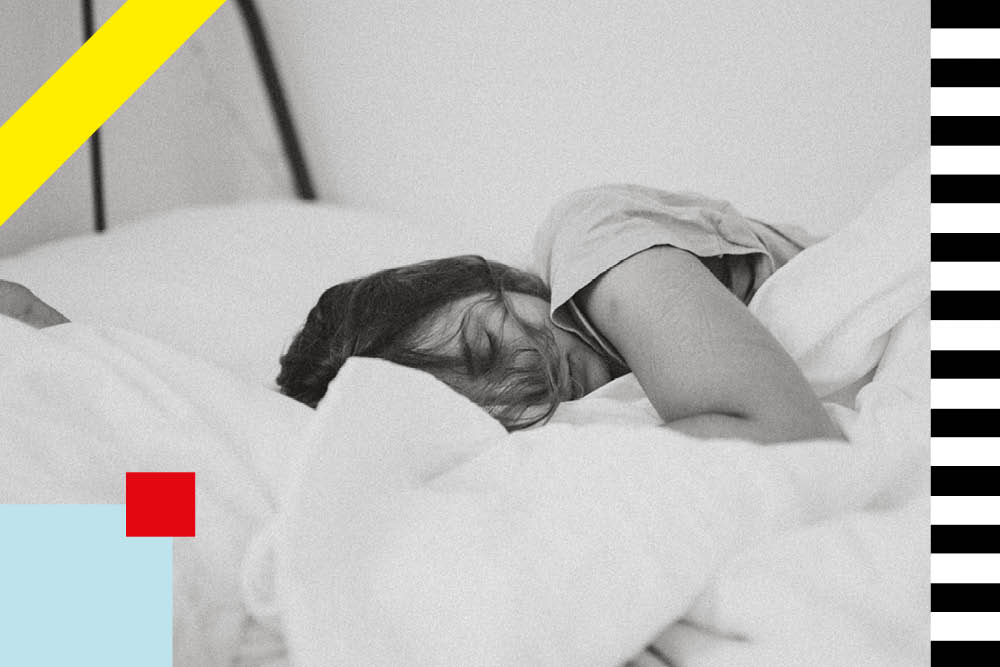
The secret to a good night’s sleep is fast becoming the holy grail in a world that never switches off. The sleep market is worth £335 billion, and will reach £453 billion by 2024, according to the Global Wellness Summit. From oxygen therapy and guided meditations to smart mattresses, it seems we are all seeking the ultimate rest. On average we spend 36% of our life sleeping, but if we understand the science of sleep, can we really doze better? The answer to this lies with learning more about circadian rhythms.
Our circadian biology is what governs our ability to rest, and sleep is an output of our circadian clocks (our internal daily timekeepers). This has an impact on all of our organs, our brain and cellular activity. Humans are highly sensitive to the 24-hour solar cycle.
This choreography runs on a tight daily loop, with regular exposure to both natural light and dark. These provide us with time-cues which are required to rest our circadian rhythms every single day. We need the sun’s light to be alert and active, the same as we need the dark to kick-start our brain’s sleep mode and recovery. Just think how a lack of natural sunlight in the winter morning has a sleepy effect on you when waking up for work.
Disrupting the rest
Around 3.5 million people in the UK have problems sleeping. The modern world affects our inability to maintain our natural internal clocks. For example, shift work and a soaring gig economy – a sector in which one-in-five Londoners are employed – demand long hours and so rest is irregular as a result. When correlated with a 24/7 culture and technology, it means our environments are a “lightmare” of screens, which increase disruption to our circadian rhythms.
Claudia Hammond, author of The Art Of Rest, says: “To feel well-rested you don’t necessarily need to sleep more, to be more sedentary or even to slow down that much. It is more a question of achieving the right balance between busyness and restfulness that suits you.” This doesn’t mean having a nap; you could also enjoy taking a brisk walk. “Studies show some people are better rested by activities involving physical exertion, as counter-intuitive as that sounds,” adds Claudia.
Food for thought
According to the Global Wellness Report, intermittent fasting, typically restricting eating and drinking to an eight to 10-hour window, is linked with your body’s natural cycle.
Research from Harvard University and the University of Murcia in Spain found that early eaters lose 25 per cent more weight than late eaters. This is because circadian rhythms impact the microbiome (the gut’s own clock), which has been linked to gastrointestinal problems, and everything from obesity to colon cancer.
Interior advice
“Low lighting is the best way to put your body into wind-down mode ahead of a good night’s sleep,” says sleep expert and behaviour change therapist Natalie Pennicotte-Collier. “Blue light isn’t helpful towards a healthy sleep state, and this is emitted from smartphones, laptops, TVs and even energy-efficient light bulbs.”
Create a sleep sanctuary, starting in your bedroom. “Ensure it is conducive to rest with a cool temperature, ideally 18ºC, and make sure everything is clean. Your bedroom should also be darkly furnished,” advises Natalie.
With blackout blinds and dimmed lights, hotels are now curating the ultimate circadian health experience for the modern-day jetsetter, so travelling with earplugs and eye-masks will soon be a thing of the past. The Zed Rooms in Shoreditch, for example, has a mix of apartments and rooms with calming wooden décor and Simba Hybrid® Mattresses, which have been designed to promote a better night’s sleep, and help you optimise your rest potential.
MEET THE EXPERT
Ruth Cooper-Dickson is the founder and MD of wellbeing consultancy Champs For Change.
She has helped global organisations by enabling them to foster a culture of positive mental health for their employees.




